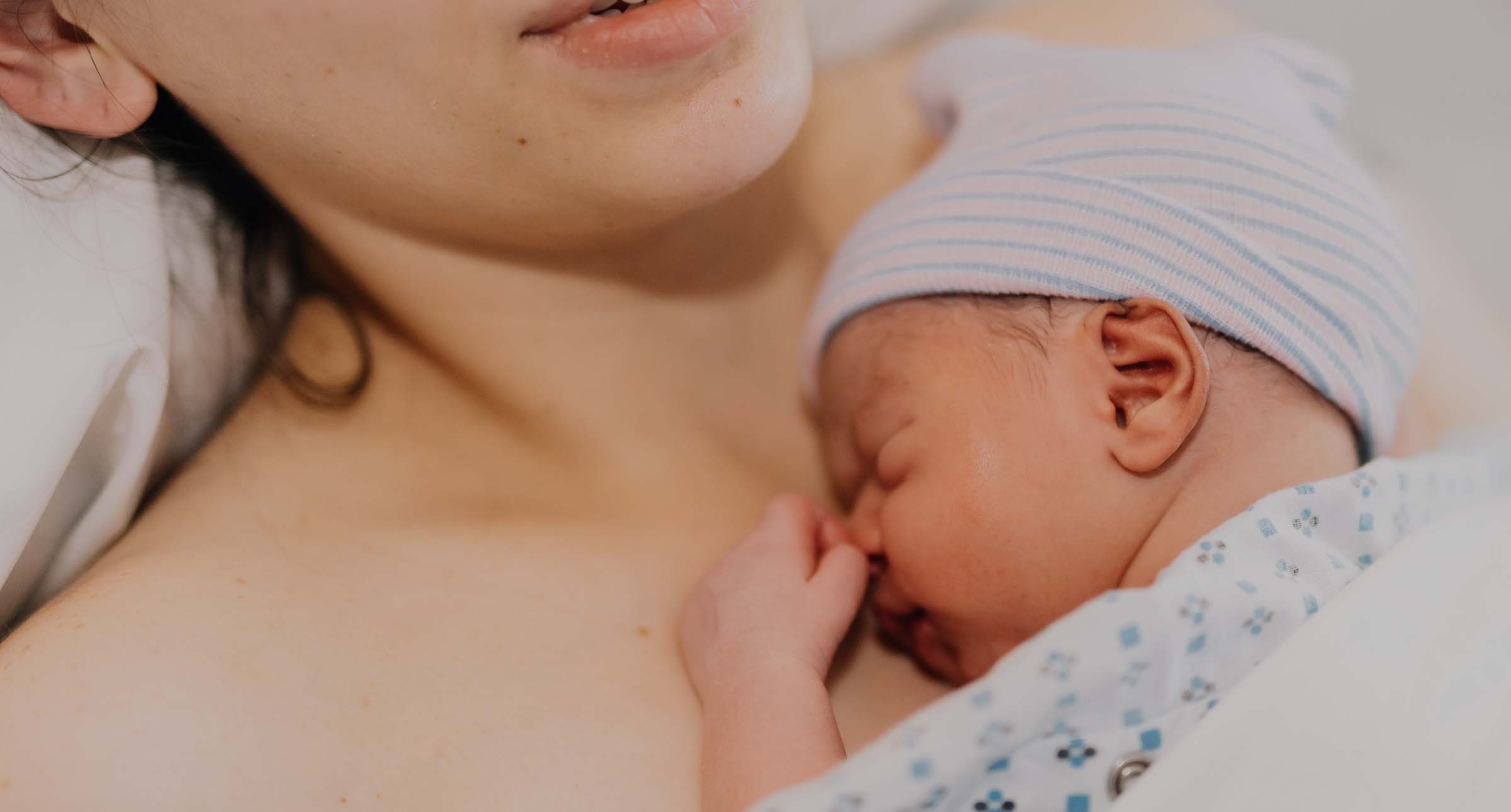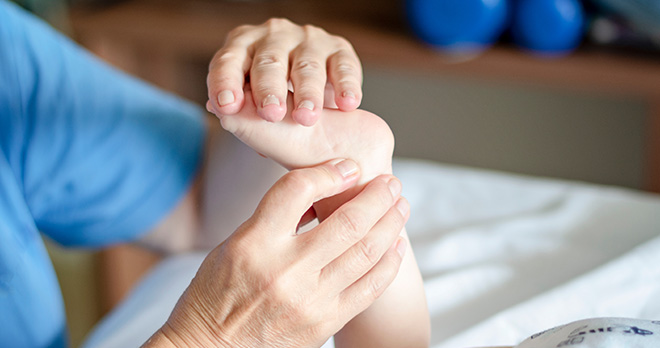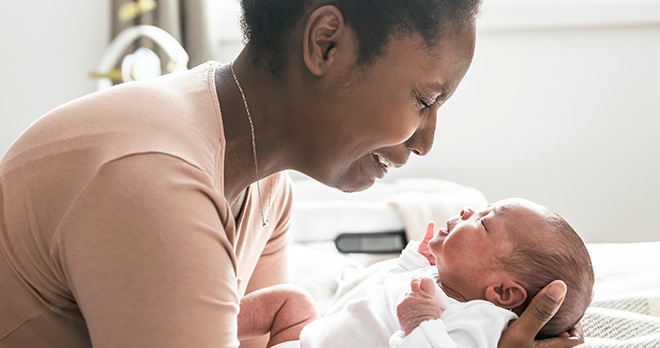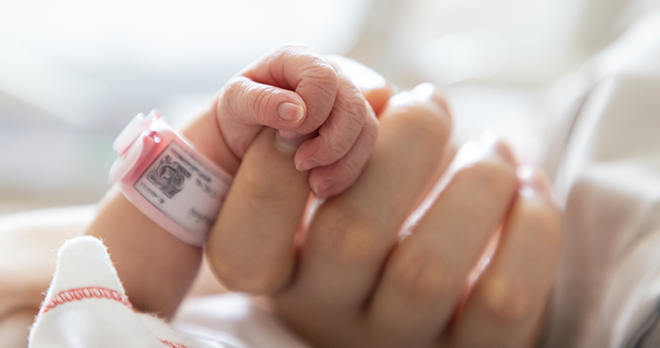Birth trauma awareness – how to make a birth complaint

Recovery from a traumatic birth is certainly a slow process and one that shouldn’t be rushed. Time is needed to heal and come to terms with the fact that a birth may have gone badly wrong for mother or child or, sadly at times, both. The way each mother will deal with her experience will vary greatly and there is no right or wrong path to take, indeed the “baby steps” that should be taken on the journey to recovery need to be acknowledged.
Once time has passed and the initial shock of events has sunk in some mothers feel the right time may have come to make a formal complaint about their experience to those responsible for undertaking the delivery, whether it was a birth in the community or in a hospital/maternity unit setting.
In this post we will explain how traumatic births are defined, when and why de-brief meetings occur with clinicians as well as what you may wish to ask, and ultimately how you can go through the complaints process and even an investigation into your birth experience.
What is considered a traumatic birth experience?
There is no set definition for ‘birth trauma’, though many would consider it a shorthand for post-traumatic stress disorder (PTSD) following a birth. Studies have concluded that traumatic birth is rather a concept that describes a series of related experiences such as physical and/or psychological trauma. Unfortunately though this is something that, due to the impacts of racism within the NHS, disproportionately affects women of colour and their babies.
It is worth noting that you can request a debrief meeting (more detail given below) whether you have experienced an injury or negligent birth, or even if you haven’t experienced physical trauma.
De-brief meetings – what to expect and what to ask
Many maternity units now offer what is called a “debrief meeting” after a birth with the clinicians involved in your care, alongside a senior midwife or consultant.
What is the purpose of a de-brief meeting?
The purpose of the de-brief meeting is to allow you to express your concerns about the birth and what you felt went wrong, and to hear the response of the NHS staff who cared for you during that time. This may not bring you full resolution but should help you to feel that your concerns and feelings about the birth have been listened to and heard.
How can you prepare for a de-brief meeting and what questions should you ask?
The advice we have heard from our clients about these meetings includes:
- Wait until you feel physically and mentally better before you attend the meeting, this may be up to six months or more after the birth;
- Ask for a copy set of your maternity records (these should be provided for free) so you can review your records and refresh your memory;
- Wait until you are getting some more sleep so that you can think clearly ;
- Write down your story, feelings and questions in advance so you don’t forget to express and ask on the day;
- Bring a friend or loved one to the meeting with you for support and to write down notes for you;
- Ask the hospital for a letter after the meeting which summarises what was discussed and the conclusions reached.
All medical staff are now subject to a legal Duty of Candour. This means that they must be open and honest with you in giving an explanation of what happened during the birth, and should apologise if a mistake was made.
Making a formal complaint about your birth
You may or may not wish to have a de-brief meeting with the medical staff. Whether you do or don’t is a personal decision and doesn’t preclude you from making a formal written complaint to the Hospital Trust involved in the birth, which is a separate process.
You can engage the services of the Patient Advice and Liaison Service (PALS) in making a complaint. Please see our guide on making complaints for more detailed information on how to do this, however the main advice is to set out a brief, clear chronology of what happened followed my a clear list of complaints you have. If you send in a well written complaint you are likely to receive a better quality of written reply.
Early Notification Scheme
The early notification scheme is a new system whereby the NHS seeks to investigate serious complications at birth early on; this only applies in cases where the baby has suffered oxygen deprivation at birth with evidence of a brain injury. Find out more about the Early Notification Scheme and Healthcare Safety Investigation Branch (HSIB).
This scheme is separate to any investigations which may also be undertaken concurrently by the Health Safety Investigation Branch (HSIB). If you have a concern about your maternity care you may be referred by the hospital automatically under this scheme or you may refer the matter directly yourself. More information can be found on the HSIB website: https://www.hsib.org.uk/maternity/
How can RWK Goodman support you?
Undertaking a de-brief or complaint may seem daunting at first, however once the first step is taken in initiating the process you should be provided with support and encouragement from the NHS Maternity staff.
The emotions surrounding birth trauma are complex and will range from anger, grief, jealously, resentment to hopelessness. If you are feeling depressed or struggling to cope it is important to reach out to your community midwife or GP for more advice and treatment. Your GP should assist you in accessing therapy or counselling if that is needed in due course.
The Birth Trauma Association offers further support and guidance on traumatic births and debriefs, which you can find on their website. There is even a private Facebook group for members to share their experiences with one another.
Our specialist birth injury solicitors are here to help you when your child has suffered injury as a result of negligence.
Contact our enquiries team to find out more.
Call now













